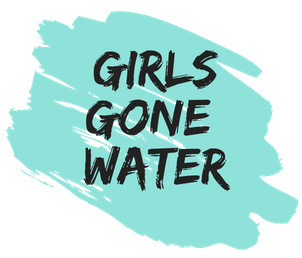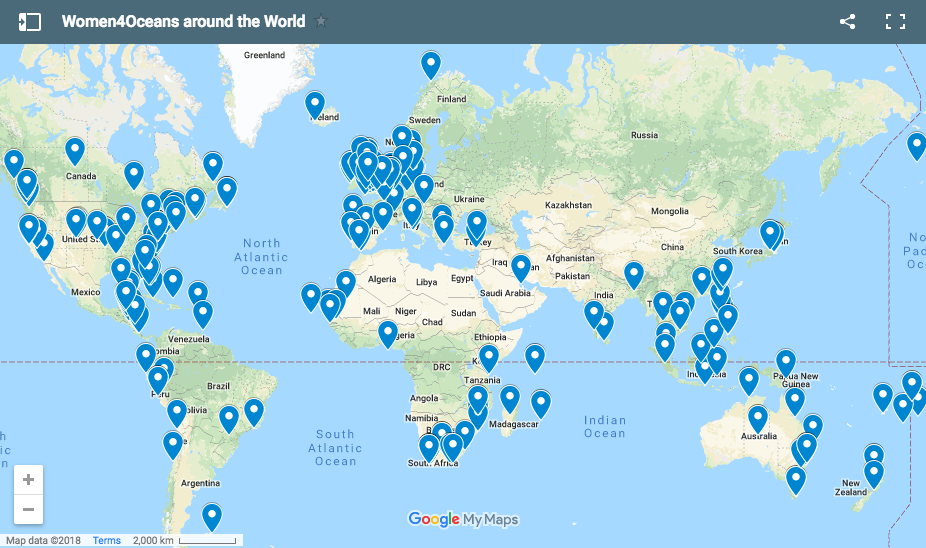Farah Obaidullah
Photo by Alex Hofford
Women engaged in fish processing in Cape Verde. Photo by Farah Obaidullah
Ocean Advocate & Founder, Women4Oceans
“The ocean is my life, my career, my passion.” Farah Obaidullah has always been an ocean advocate, and as a child she spent endless hours exploring the beach, rescuing marine life, and learning as much as she could about the world underwater. She followed her passion by focusing her studies in biology and environmental technology on the ocean, and has since gained extensive expertise along her career path. Farah’s journey is especially notable for her drive to fill gaps she has identified along the way, whether personal or career-related. For example, after four years as an environmental consultant, she realized she wasn’t following her passion and redirected her career towards the ocean. She then worked for Seas At Risk, the Deep Sea Conservation Coalition, and Greenpeace, campaigning about global marine issues.
“We don’t all have to be marine biologists working for a big campaigning organisation to make a difference. All of us can be change-makers in the everyday actions that we take.”
Farah’s motivation to found Women4Oceans, a platform for women working in the ocean space, began while she was working as a Consultant Producer for a television show exposing fish crimes around the world. In these cases, she noticed the spotlight on ocean heroes was primarily on one demographic, but knew in reality that there are many amazing women also doing incredible work for the ocean. “I set up Women4Oceans as a platform for women to connect with each other and to amplify our voices. Women4Oceans is about building a global community for the ocean where everybody’s actions count,” Farah explains. The platform is empowering, lifting up new voices and helping women find role models who are relatable in terms of their interests, culture, geography, gender, etc. “We don’t all have to be marine biologists working for a big campaigning organisation to make a difference. All of us can be change-makers in the everyday actions that we take.”
Part of Farah’s mission is to amplify everyone’s efforts in a supportive environment. She explains why: “We are at a pivotal point when it comes to the health of our planet. We need all hands on deck if we are to turn the tide. This means it is more important than ever to mobilise people across geographies and cultures for our ocean.” Farah sees room for the environmental movement to collaborate more effectively and better recognize the work being done by others. She has seen the consequences when NGOs compete for funding and push special agendas. Fostering a culture shift is not easy, but Farah believes we have the power to enact change. Despite news about climate change and declining ocean health, more people are choosing ocean-friendly behaviours like ditching single-use plastics and abstaining from eating fish. “I am hopeful that together we can turn things around,” she says. With role models like Farah taking action to solve the challenges she encounters, others can be inspired to follow their passions and create a better world.




